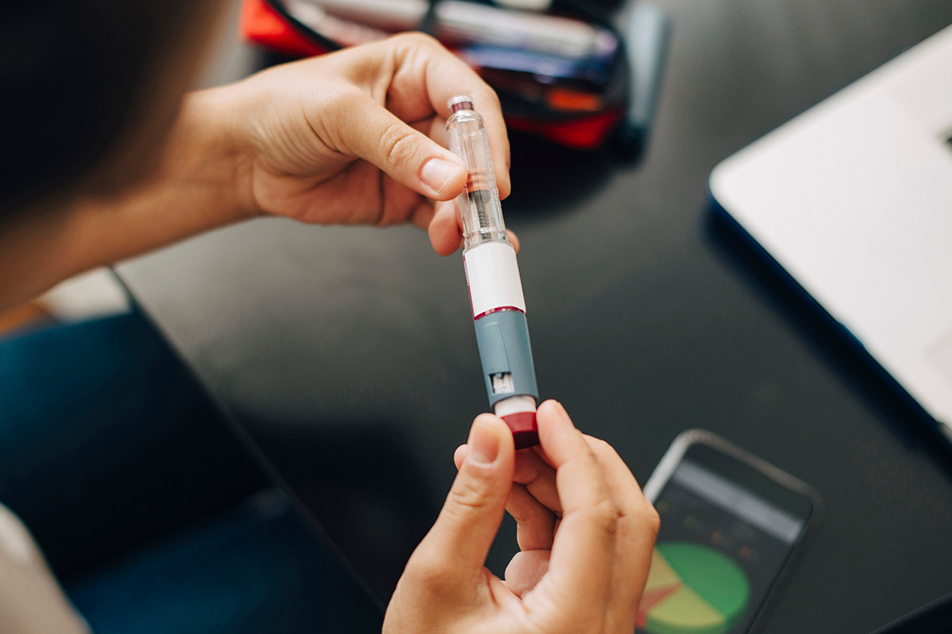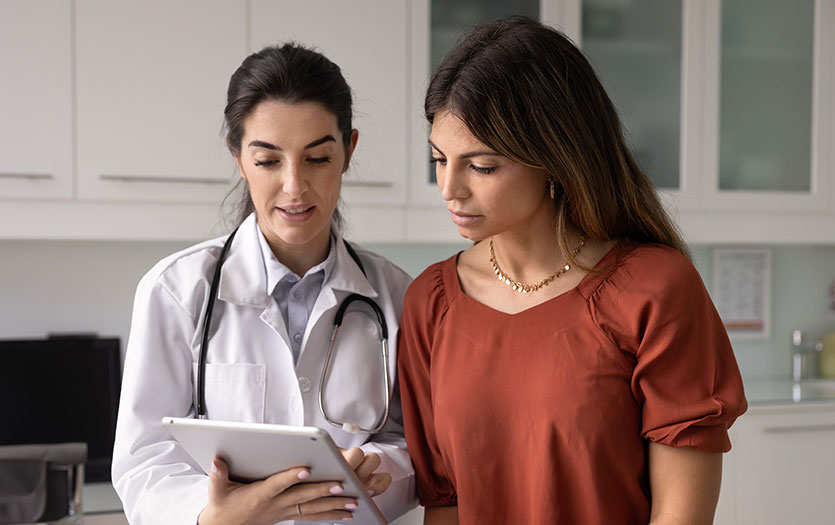
This post was written by Leigh Ann Brooks, RN, BSN, RD, CD, CDE, nursing services operational lead, Diabetes Education Center.
The rising cost of healthcare is an issue for our nation as a whole. There are many reasons for the rise in costs, such as our aging population, an increase in individuals with chronic illnesses, increases to the cost of medications, medical services and out-of-pocket expenses. For many individuals with diabetes specifically, the cost of insulin has forced them to choose between their health and other facets of their life. According to the Health Care Cost Institute, the price of insulin doubled between 2012 and 2016. In 2016, individuals with type 1 diabetes spent $5,705 per-person on insulin.
So, what do you do if you can’t afford insulin, a drug that, for many, is life-saving or a means to prevent complications? What resources are available? If you’re worried about the expense, the first thing you need to do, is speak to your primary care provider and your pharmacist. Many people don’t know that there are many different brands of the same types of insulin. If you have insurance coverage for medications, it’s possible that your insurance company prefers a different brand. The pharmacist might be able to provide guidance to the physician, nurse practitioner or physician’s assistant who prescribes your insulin. If there is a brand that is covered better under your insurance plan, they can have your provider make the appropriate substitution. If this doesn’t provide enough financial relief, you may discuss your regimen with your provider to see if you could utilize regular, NPH or 70/30 insulins. Each of these can be purchased in vial and syringe forms for approximately $25 a bottle at Walmart.
If you are not insured, there are still opportunities to get the insulin you need. You may be able to get assistance from the pharmaceutical companies themselves. Eli Lilly, Novo Nordisk and Sanofi-Aventis all have patient assistance programs. Lilly Cares, NovoCare™ and Sanofi Patient Connection™ are each available to assist with the cost of insulin for people who meet their criteria.
Locally, you may also qualify for help from services such as the Matthew 25 Clinic or the Neighborhood Health Clinic. Matthew 25 will help uninsured individuals obtain medical and dental care as well as medications and even diabetes education. The Neighborhood Health Clinic accepts patients with and without insurance, and fees are based on an ability to pay. If you live outside of Allen County, you can utilize local resources. Here is a list of some of the area free clinics:
Allen County
Matthew 25
260-426-3250
Neighborhood Health Clinic
260-458-2641
DeKalb County
St. Martin’s Health Clinic
260-357-0077
Huntington County
Huntington Free Clinic
260-355-0722
Noble County
Wolf Lake Free Clinic
260-564-1946
Wabash County
85 Hope
260-274-0011
Whitley County
Multi-County Medical Outreach Clinic
260-564-1946
If you are having difficulty navigating the resources and would like to speak to one of our certified diabetes educators for additional assistance, please contact the Parkview Diabetes Treatment Center at 260-373-4280.




